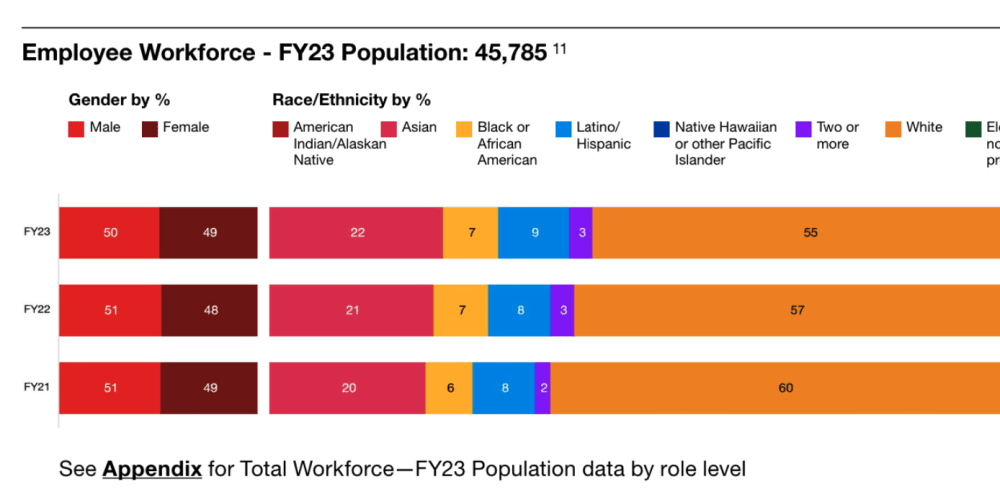The Indian Premier League (IPL) has evolved into one of the most influential and successful T20 cricket leagues in the world since its inception in 2008. From its beginnings as a novel concept in professional cricket to its status as a global sporting and entertainment phenomenon, the IPL's evolution reflects broader trends in sports commercialization, fan engagement, and internationalization. This essay traces the key milestones in the IPL's development, examines the factors contributing to its growth, and explores its impact on the cricketing world and beyond.
Origins and Establishment
The IPL was founded in 2008 by the Board of Control for Cricket in India (BCCI) with the aim of creating a professional Twenty20 cricket league that would captivate audiences with its fast-paced format and entertainment value. The league was inspired by the success of T20 cricket in other countries and sought to combine high-level cricket with glamour, marketing, and celebrity involvement.
The inaugural season of the IPL was marked by several innovations. The league featured eight franchises representing major Indian cities, each with a mix of international and domestic players. The player auction, a novel concept at the time, allowed franchises to bid for players, creating a dynamic and competitive environment. The initial success of the league was underscored by its significant viewership and commercial interest, setting the stage for its rapid growth.
Expansion and Growth
Following its successful debut, the** IPL Betting ID **quickly expanded and became a major fixture in the global cricket calendar. Several key factors contributed to the league’s growth:
Commercialization: The IPL's commercialization strategies played a crucial role in its expansion. The league secured lucrative broadcasting deals, sponsorships, and advertising contracts, which generated substantial revenue. The introduction of high-profile sponsors and media partnerships enhanced the league's visibility and financial strength.
Franchise Model: The franchise-based model allowed for competitive bidding and investment in teams. This approach created a sense of rivalry and excitement, as franchises competed not only on the field but also for fan engagement and commercial success. The model also attracted investors and celebrities, adding to the league's appeal.
Entertainment Value: The IPL distinguished itself by combining cricket with entertainment elements such as celebrity performances, extravagant opening ceremonies, and engaging fan experiences. This blend of sport and entertainment broadened the league’s appeal, attracting viewers beyond traditional cricket fans.
International Participation: The inclusion of international players and coaches enhanced the league's global appeal. The presence of cricketing stars from around the world added to the competitive edge and drew international audiences, further cementing the IPL’s status as a global sporting event.
Challenges and Adaptations
Despite its success, the IPL has faced various challenges that required adaptation and evolution:
Controversies and Scandals: The IPL has been marred by controversies, including allegations of match-fixing and spot-fixing. These scandals prompted regulatory scrutiny and led to measures aimed at improving the league’s transparency and integrity. The BCCI implemented stricter governance and anti-corruption protocols to address these issues.
Player Management and Scheduling: Balancing the demands of the IPL with international cricket schedules has been a challenge. The league's intense schedule sometimes conflicts with international fixtures, leading to concerns about player fatigue and the impact on national teams. The BCCI and other cricket boards have worked to manage these conflicts and ensure player welfare.
Economic Disparities: The financial success of the IPL has led to disparities among franchises, with some teams enjoying greater financial resources and marketability than others. This has raised concerns about competitive balance and the sustainability of the franchise model. Efforts to address these disparities include revenue-sharing mechanisms and salary caps.
Impact and Legacy
The evolution of the IPL has had a profound impact on cricket and beyond:
Commercialization of Cricket: The IPL has set a precedent for the commercialization of cricket, influencing other T20 leagues and cricketing ventures. The league’s success has demonstrated the potential for cricket to generate substantial revenue and attract global audiences.
Talent Development: The IPL has become a platform for discovering and nurturing young talent. Emerging cricketers gain exposure and experience by playing alongside international stars, accelerating their development and career progression.
Globalization of Cricket: The IPL has contributed to the globalization of cricket by attracting international players and audiences. The league’s international reach has expanded cricket’s appeal and facilitated cross-cultural exchanges.
Entertainment Industry Influence: The IPL’s integration of entertainment and cricket has influenced other sports and entertainment ventures. The league’s model of combining sport with glamour and media has set a benchmark for sports entertainment globally.


















